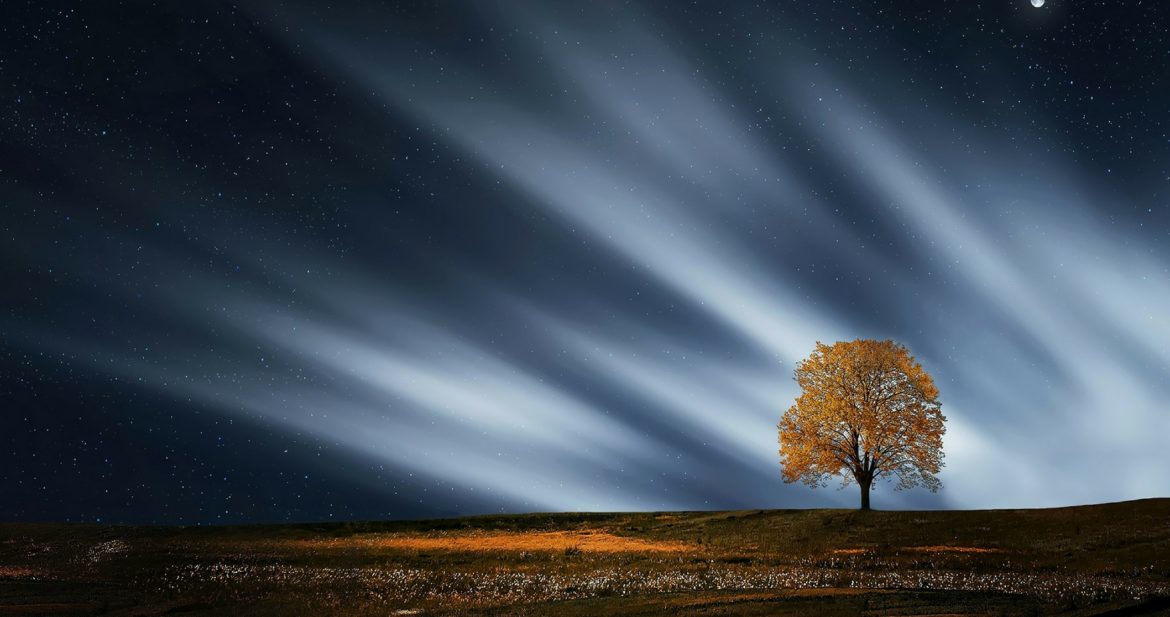A Great Big Mind and an Even Bigger Heart: David Foster Wallace, 1962-2008
It has been a month since David Foster Wallace took his own life, but the fact that he is gone is still as shocking and sad and painful to me as it was when I first heard of it. Since the appearance of his second book, the short story collection Girl with Curious Hair, in 1989, I’ve loved and followed his work from book to book. Part of the personal sense of loss I feel at his death comes from the strange but real intimacy that a writer and reader can share, particularly if the reader is also a writer.
Part of it has to do, as well, with the fact that Wallace and I are both members of the same generation – that quirky tribe packed between the Baby Boomers and Gen X. We remember Martin Luther King’s assassination, but not JFK’s; we went to high school not in the roaring 60’s or the narcissistic 80’s, but in the fairly permissive decade of the 70’s, when birth control was readily available and AIDs had yet to appear. The culture, particularly the pop music we listened to, encouraged us to be free with our feelings, but careful with our words.
We also grew up with the sense that all the real experiences and experiments – in the arts, in drugs, in love, in our psyches, in our culture – had been used up by the generation before us. For a writer, this means facing the real possibility that all the stories and poems have been written, in all the forms, from traditional to post-post modern, that there are none left to invent or discover. No wonder “cool’ was the highest value for me and my high school peers – being hot was already over. Sincerity was suspect. Vulnerability, a joke. Experimentation, a dead end. What, then, is writer to do?
One thing you can do is retreat to the chilly heights of metafiction. But while Wallace experimented in this area, most of his work is not a retreat from the world but rather an openhearted excursion into it. What draws me most to this writer is not his admirable cleverness (which some think there is a little too much of), but rather his emotional generosity. Wallace lavishes affection on many subjects – he says he “loves” or “kind of loves” over a dozen people in his first nonfiction collection, A Supposedly Fun Thing I’ll Never Do Again (1997); one of the sustaining chords of my favorite of his books, the novel Infinite Jest (1996) is the fullness and implied sympathy with which he portrays even the most troubled and troubling characters.
In fact, what some see as the excesses of this much-discussed 1,079 page book, I see as signs of that affection, as well as what I can only call a sense of responsibility to both the book and to the reader. Wallace refuses to simplify a thought in order to turn a phrase or speed up a narrative, knowing that to do so would shrink the world of the novel. When a central character attends an AA meeting, Wallace gives us half-a-dozen information-packed pages on AA meetings in general and this one in particular. My buddies in the recovery field tell me that this matierial is fiercely accurate; it also offers profound insight into many aspects of addiction, and gives context to the character’s life and predicaments.
I’m going to say this simply: I love his writing. I love the great big ambitious scope of his mind. I love how he brings a fiction-writer’s sense of pacing, context, and characterization to his reporting and a reporter’s clear factual grasp to his fiction. I love his stylistic tendencies – the footnotes, often precise mini-stories in themselves; the edgy, intelligent sports and pop culture references; the gentle asides in which he revealed the thoughts behind the page, as in, “we’re not going to spend a lot of time on this,” or, “I’m going to try to get this out of the way in a footnote” – both when he pushes them to their limits and when he pushes too far. I love how he reminds me of some of my other favorite writers, such as Julio Cortazar, J.D. Salinger, and Don DeLillo, without ever seeming derivitave or imitative. I love the voice he brings to the page.
The more I read of his struggle with depression, the more I feel about David Foster Wallace the way I feel about another great writer, Anne Sexton, who struggled with her own demons and, like Wallace, took her own life in her midforties. That is, I admire him even more for hanging in there on this earth as long as he did. I hope he knew on some level just how good he was, despite the self-consciousness and anxiety he sometimes admitted to, and that that knowledge afforded him at least a little comfort. For almost twenty years, I’ve devoured each of his books as it came out, and immediately begun looking forward to the next. Now it will all be re-reading. I miss him already.

Leave a Reply